Obama, Netanyahu at White House seek to mend US-Israel ties
Updated: 2015-11-10 09:49
(Agencies)
|
||||||||
WASHINGTON - Israeli Prime Minister Benjamin Netanyahu assured US President Barack Obama on Monday that he remained committed to a two-state solution to the Israeli-Palestinian conflict as they sought to mend ties strained by acrimony over Middle East diplomacy and Iran.
|
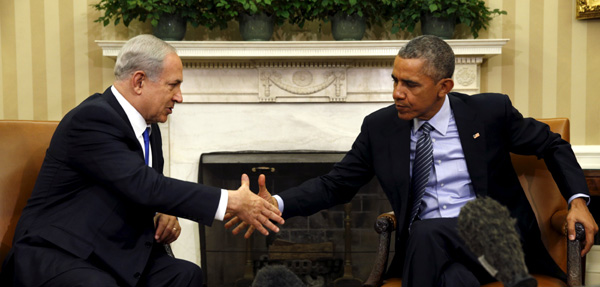 |
|
US President Barack Obama and Israeli Prime Minister Benjamin Netanyahu shake hands during their meeting in the Oval Office of the White House in Washington November 9, 2015. [Photo/Agencies] |
Meeting Obama for the first time since the signing of the Iran nuclear deal, Netanyahu said he backed a vision of "two states for two peoples" but maintained that any Palestinian state must be demilitarized and recognize Israel as the homeland of the Jewish people, a condition Palestinians have rejected.
Patching up relations could help smooth the way for a new 10-year US military aid package, which Obama told Netanyahu he wanted to get a "head start" on negotiating. Israel, Washington's chief Middle East ally, is seeking a record $5 billion a year, according to US congressional sources.
Obama and Netanyahu, who have a history of testy White House encounters, showed no outward sign of tension, looking cordial and businesslike as they held their first face-to-face talks in 13 months.
The meeting was clouded by an ongoing wave of Palestinian stabbing and shooting attacks that have Israelis on edge at a time when Obama has concluded that a peace deal is beyond reach during the final 14 months of his presidency.
Obama condemned the latest wave of Palestinian violence and backed Israel's right to defend itself but said he wanted to hear Netanyahu's ideas for lowering tensions and "how we can make sure that legitimate Palestinian aspirations are met."
TWO-STATE SOLUTION
Netanyahu's recommitment to the two-state solution, the bedrock of US diplomacy on the conflict for decades, could satisfy the Obama administration's desire that he clarify his position after he appeared to backtrack on his pledge during a hard-fought re-election campaign earlier this year.
"I want to make it clear that we have not given up our hope for peace," Netanyahu told reporters allowed in at the start of talks with Obama.
US-sponsored peace talks between Israel and the Palestinians collapsed in 2014. The eruption of violence between the two sides last month has made an end to that bloodshed a more immediate priority.
The meeting, the first between the two leaders in 13 months, was widely seen as an effort to move beyond tensions over US-led nuclear diplomacy with Iran, Israel's arch-foe, and differences over how to resolve the Israeli-Palestinian conflict.
Though Obama and Netanyahu sought to play down their disagreements, no one expected that the two leaders would have much success in overcoming their poor personal chemistry. Their worst public moment was a 2011 Oval Office encounter when Netanyahu lectured Obama on the suffering of the Jewish people through the ages.
This time, neither leader wanted a diplomatic blow-up. Netanyahu leaned forward listening intently as Obama spoke, sometimes nodding. Obama, his legs crossed, sometime cradled his chin in one hand. The two exchanged smiles at times and shook hands twice for the cameras.
Some of Obama's aides believe, however, that beyond working to firm up security cooperation, Netanyahu is content to wait out the final stretch of Obama's presidency, hoping for a better reception for his hardline approach from the next occupant of the White House.
US voters will elect a new president in November 2016.
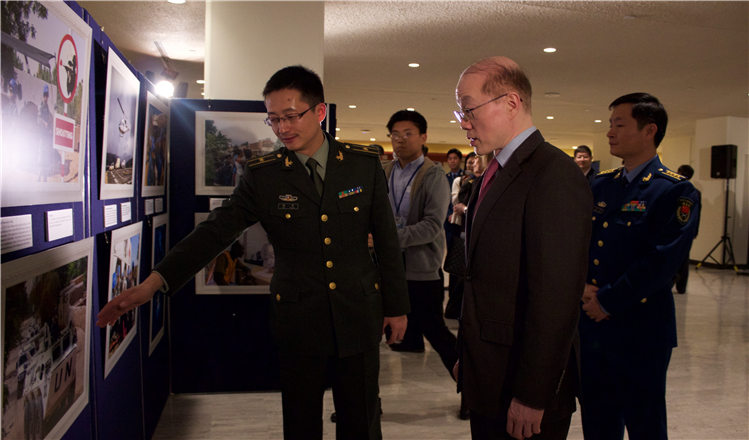
 Photo exhibit hails Chinese peacekeepers
Photo exhibit hails Chinese peacekeepers
 Washington 'showing anxiety in stance adopted toward Beijing'
Washington 'showing anxiety in stance adopted toward Beijing'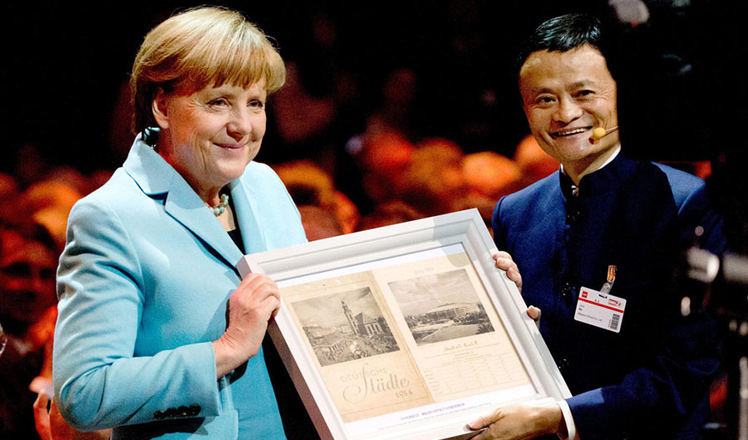
 Internet celebrities share spotlight with leaders and stars
Internet celebrities share spotlight with leaders and stars
 Heavy smog hits Beijing
Heavy smog hits Beijing
 Eleven-year-old girl donates organs to save six people
Eleven-year-old girl donates organs to save six people
 Top ballet dancers light up Beijing
Top ballet dancers light up Beijing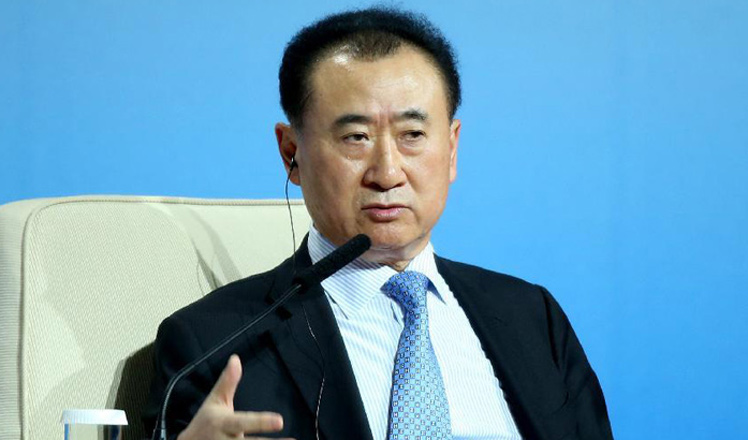
 Top 10 wealthiest Chinese on Forbes rich list
Top 10 wealthiest Chinese on Forbes rich list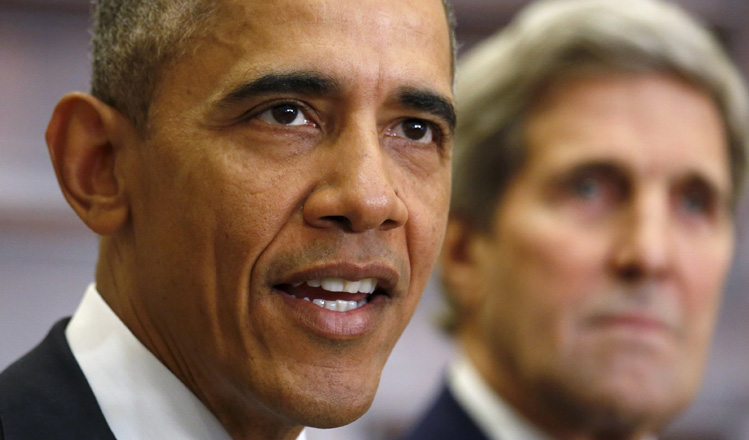
 Obama launches Facebook page, sends message on climate
Obama launches Facebook page, sends message on climate
Most Viewed
Editor's Picks

|

|

|

|

|

|
Today's Top News
Obama, Netanyahu at White House seek to mend US-Israel ties
China, not Canada, is top US trade partner
Tu first Chinese to win Nobel Prize in Medicine
Huntsman says Sino-US relationship needs common goals
Xi pledges $2 billion to help developing countries
Young people from US look forward to Xi's state visit: Survey
US to accept more refugees than planned
Li calls on State-owned firms to tap more global markets
US Weekly

|

|








